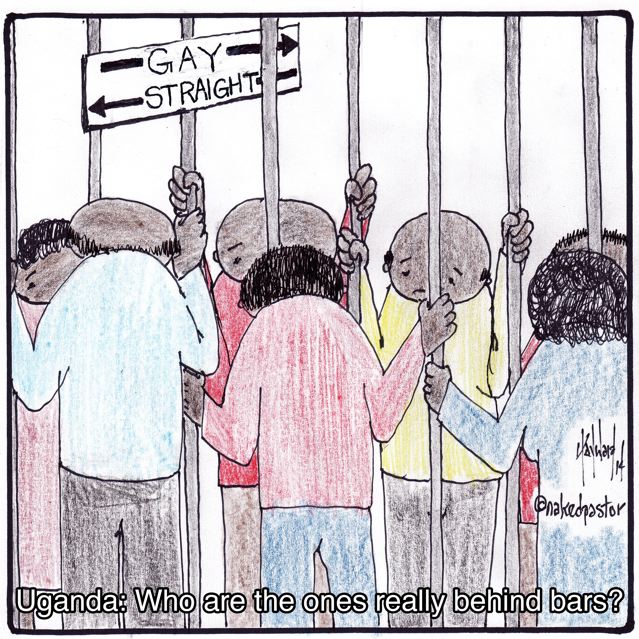To explain the irruption of evil, is this not to absolve it? (Paul Ricoeur)
Ricoeur claims that if we try to show the causes of, say, the rise of Nazism, then the responsibility of the actors would be diluted and even disappear, making no one guilty. The only way to avoid this risk is to not explain evil. This is the only way evil maintains its absolute character of horror and irruption.
Can the same be said of good? If we try to explain the rise of something good, that it had historical necessity, does this not also rob the actors of their contribution, making no one really good? Again, the best way to respect the good is not to explain it, thereby giving the good its true goodness.
This reminds me of the Slovenian philosopher Slavoj Žižek’s claim that the universe is meaningless, and that our endless search for meaning is just our desperate attempt to comprehend and control that which is completely beyond us.
I suggest that the story of Job is the book of our time, and that Job himself is our archetype. In the midst of incredible suffering he never was provided with meaning. The disaster came and the disaster went without any cause or ultimate purpose, and the meaning was never disclosed to Job.
In the end, like Job, all we can do is live as best we can, humble ourselves before the unfathomable mystery of life, forgive our enemies, and love whatever families and friends we are given.
This is what makes life worth living. And this is meaning enough.
My books, my two books, “nakedpastor101” and “Without a Vision My People Prosper”, attempt to address issues like this through writing and art.











